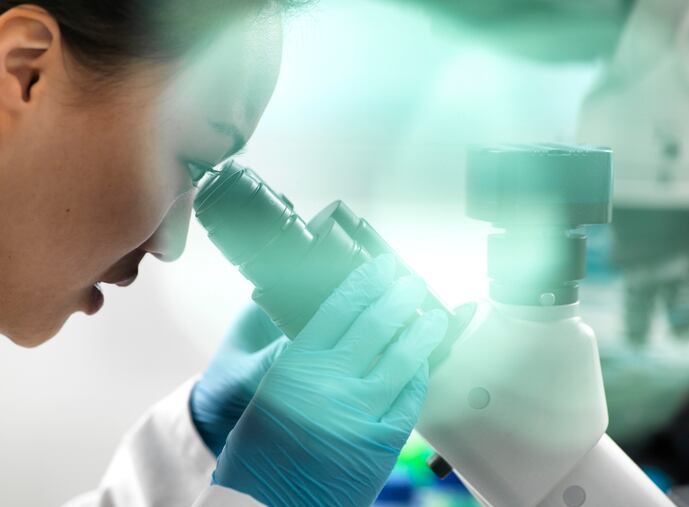The company focuses on developing natural plant-based wellness ingredients by collecting plant samples, cleaning and cultivating stem cells, and scaling production in bioreactors to extract beneficial compounds.
The grant will support an 18-month research and development initiative focused on the production and initial scale-up of natural products that are derived from plant cell culture, which will enable Green Bioactives to supply customers in the cosmetic and personal care industries, Chris Meaney, chief business officer told NutraIngredients.
Scaling production
The company’s current production capabilities have been limited, however, it can now plan to scale its bioreactors gradually, starting with 50-liter units.
“Over the next two years—particularly during the 18-month span of this grant—we plan to scale up our production,” Meaney said. “But rather than jumping straight to a much larger 1,000-liter reactor, which would involve an entirely new set of challenges and a steep learning curve, we’ve chosen a more modular approach.”
Meaney explained that as Green Bioactives is familiar with that technology, this strategy will allow the company to scale production efficiently and with confidence.
“We’re not trying to replace bulk commodities, we’re working with high-value ingredients, and by running several 50-liter systems in parallel, we’ll be able to start selling products into the market and servicing customers much sooner.”
Prioritizing sustainability
Plant cell culture technology can help reduce pressure on the environment by providing an alternative way to produce useful plant-based compounds, Meaney said, and using this method to develop new products could lessen the need for traditional harvesting, which often harms biodiversity and contributes to climate issues.
A Life Cycle Impact Analysis (LCIA) conducted by Robert Gordon University in Aberdeen recently found that plant cell technology offers a reduction of up to 93.8% in energy consumption and up to a 98.8% decrease in global warming potential in comparison to traditional harvesting methods.
There are also benefits in land us - for instance, licorice, one of Green Bioactives’ key ingredients, can only be commercially harvested every five years, so alternative methods could free up land for food production.
“That’s why these technologies are so compelling,” Meaney said. “It’s not just about commercial gains. There’s a huge sustainability angle driving interest too.”
UK-based businesses
As Scottish Enterprise noted in a press release, this investment will help the company revolutionize the industry by benefiting both the business and Scotland’s economy.
There’s an increasingly strong demand for UK-produced goods, Meaney explained, as Green Bioactives has observed at various global events over the last few months.
“Many buyers view UK products as prestigious and even when they can source similar goods more cheaply from places like India, they often choose UK-made products because they value trust and quality - for many the UK stamp of approval carries weight,” he said.
With the recent talk of tariffs and the unstable trade environment, importers and exporters now have to make more informed decisions, Meaney added.
“I think it’s still early days, and there’s still a lot of uncertainty around both imports and exports, however, you see businesses are having to make educated decisions about where to go next,” he said. “A stable economy gives customers, particularly in Europe and Asia, more confidence to choose UK goods over U.S. alternatives.”
Green Bioactives intends to maintain its R&D in Edinburgh, and while it may consider expanding manufacturing elsewhere in the future, it feels well-positioned to serve global markets from Scotland for now.


